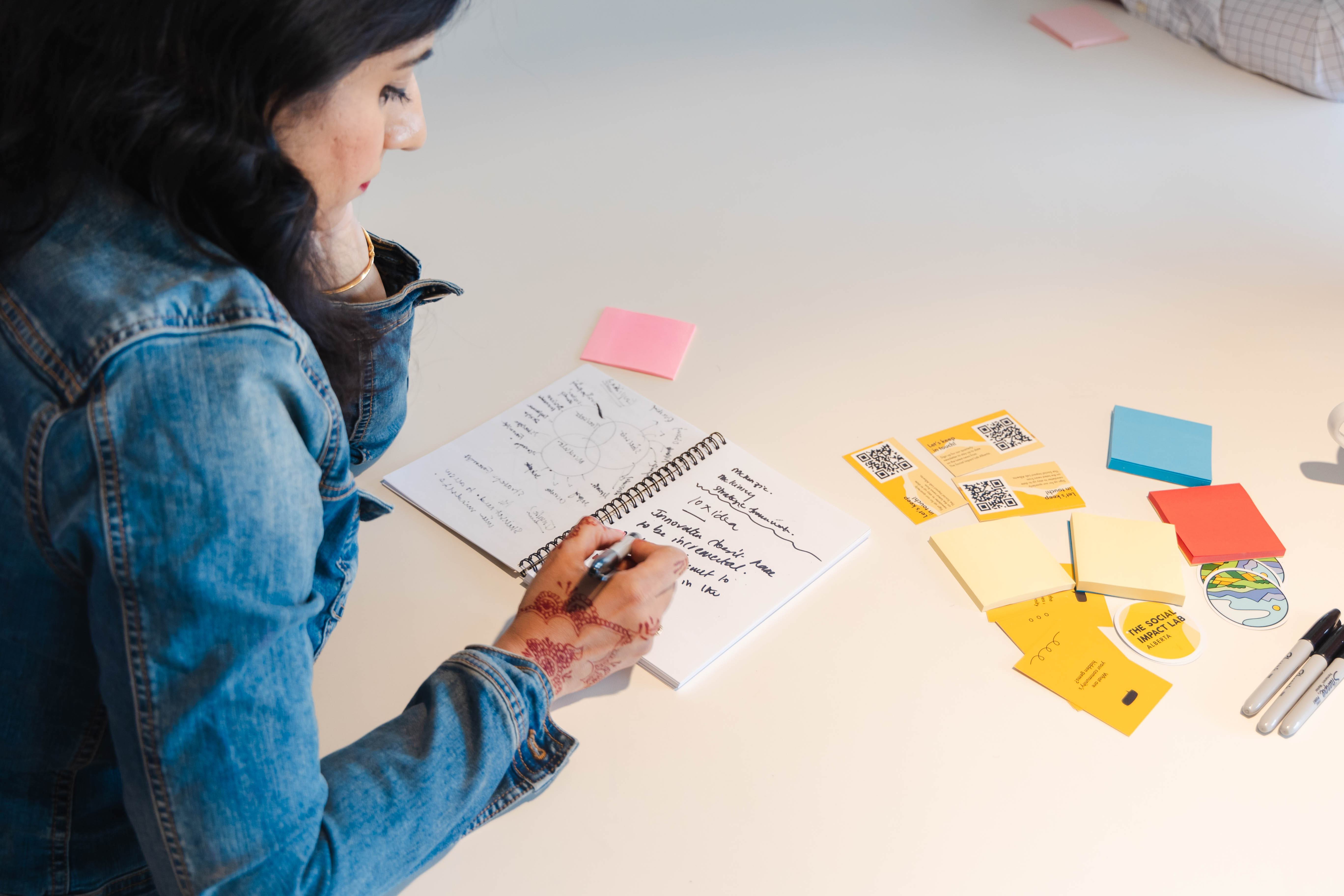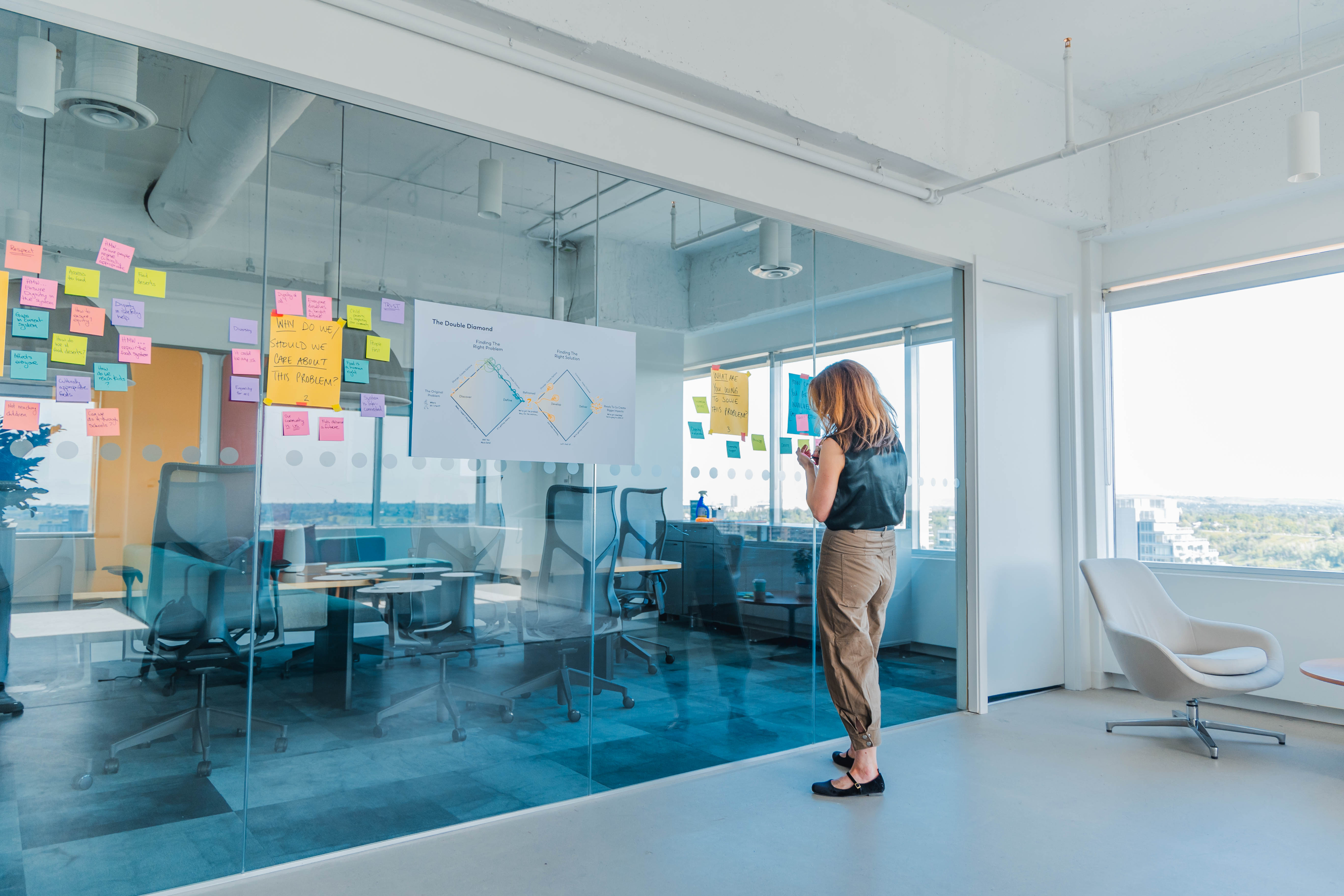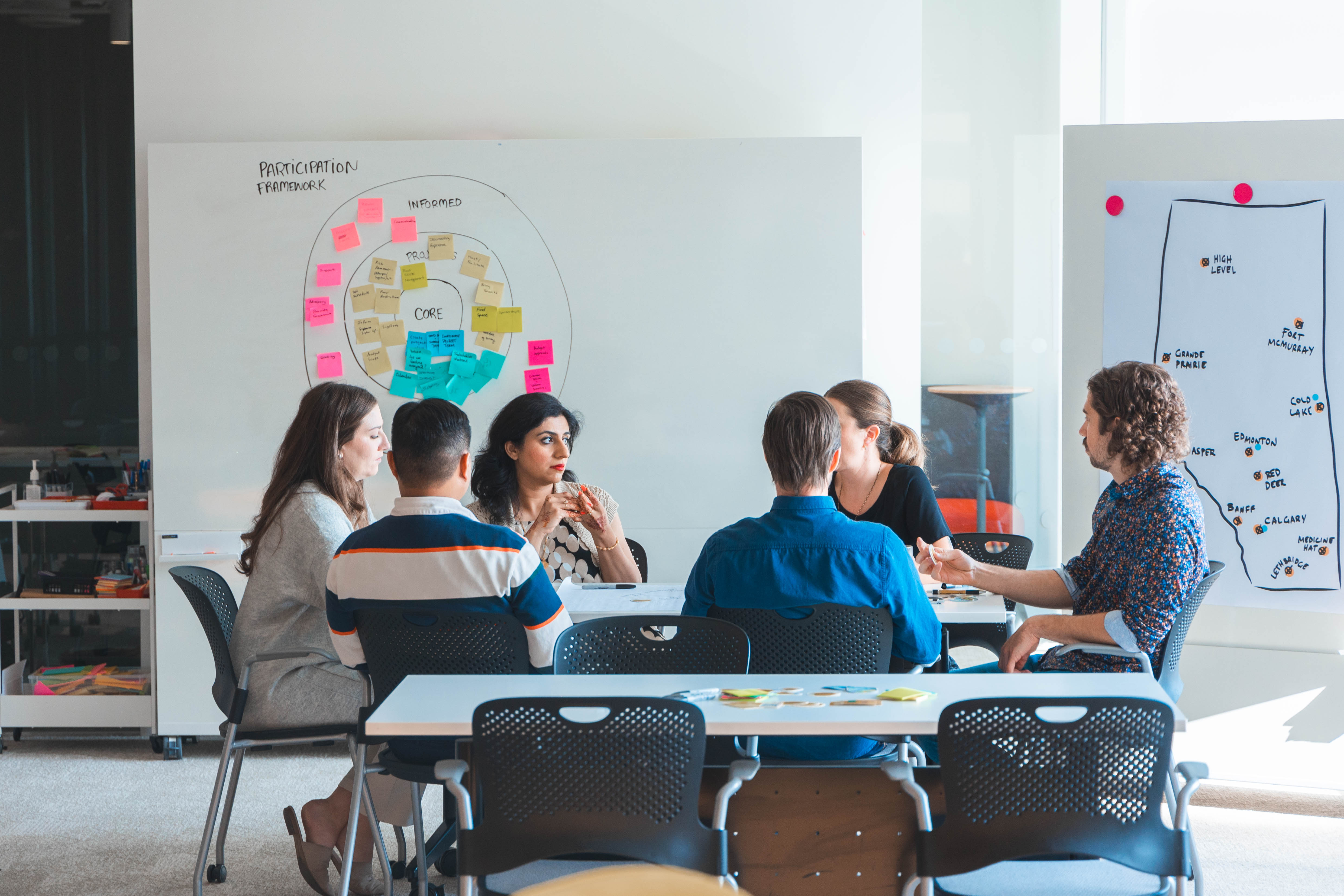Our Work

We support grassroots innovation, grounded in lived experience and driven by local leadership.
Each case study reflects our core approach: listening deeply, building trust, and bringing together residents, non-profits, businesses, and local governments to co-design practical, people-centred responses to complex challenges.Through design-led methods, our work evolves alongside the communities we support—iterative, adaptive, and rooted in lived experience. Along the way, we provide the tools, training, and resources communities need to move from insight to action, building solutions that are both meaningful and lasting.








